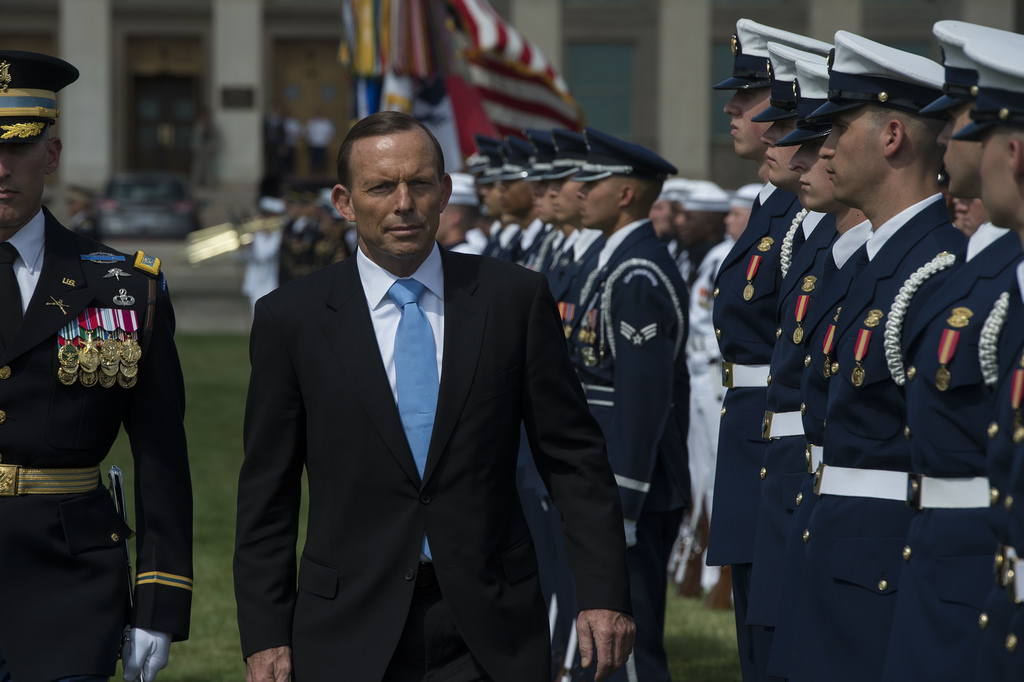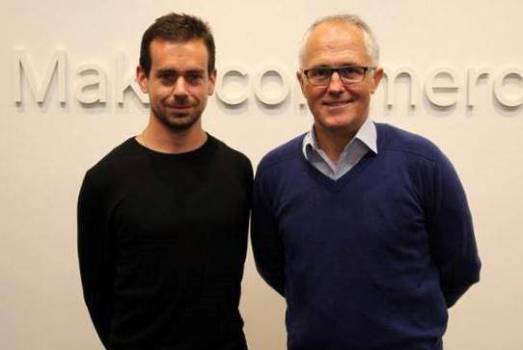
There are mounting expectations that private sector and non-government organisations are poised to play a far bigger role helping to develop and deliver the policies administered by Australian Public Service after Prime Minister Tony Abbott announced that one of John Howard’s most trusted former aides, Michael Thawley AO, will take the reins as the nation’s most senior bureaucrat in less than a month.
In a move successfully kept from anyone but the PM’s most inner circle for months, the appointment of Mr Thawley to replace Dr Ian Watt AO signals a firm shift away from elevating serving senior public servants to the most senior roles in the bureaucracy in favour of headhunting external talent to drive further reforms.
Revealed on Thursday, Mr Thawley’s recruitment from US investment management and research house Capital Research and Management Company and of Capital Strategy Research carries echoes of the hiring of Max Moore-Wilton.
Dubbed Max-theAxe, Mr Moore-Wilton was given the task of substantially reshaping the public sector, including dramatically pruning its numbers and prosecuting a since abandoned policy of whole-of-government outsourcing for many back office functions, including technology.
Although repeat of the wholesale outsourcing experiment is unlikely – especially given the deleterious effect it often had on corporate knowledge and control over agency strategy – current and former bureaucrats have privately indicated they expect Mr Thawley to streamline and modernise the both the production of advice to government and the way services are delivered.
It is understood a key desire of the Abbott government is to sharply accelerate the speed at which it can access advice, research and evidence to guide and inform policy by broadening the kinds of information available to it, especially around the performance of the economy, health and social programmes.
That need has been underscored by recent issues at the Australian Bureau of Statistics concerning employment and housing data.
A further imperative is believed to be the creation of a more cohesive, cooperative and ultimately less polarising policy narrative across the public service that can more tangibly demonstrate progress and improvements.
There are few if any doubts about Mr Thawley’s skills as an effective strategist, networker, communicator and administrator.
Before successfully into private enterprise, Mr Thawley was Australia’s Ambassador to the United States between 2000 and 2005, a time during which he not only forged strong and durable relationships with the US administration but earned widespread respect as an exceptionally effective networker and negotiator.
“In addition to over three decades of experience in the Australian Public Service, Mr Thawley was the senior adviser on international relations to former Prime Minister, the Hon. John Howard OM AC,” Mr Abbott said.
“He has also held a number of senior Australian government positions including in the Department of the Prime Minister and Cabinet, the Department of Foreign Affairs and Trade and the Office of National Assessments.”
However at 63 years of age, there is also a probability that Mr Thawley’s appointment for five years could well be a single contract innings with a strong mandate to drive lasting public reforms, especially given the 24/7 on-call nature of a gruelling and relentless job.
In terms of timing, Mr Thawley’s appointment coincides with a looming industrial showdown in the giant Department of Human Services that is viewed as a decisive test of the Abbott government’s will to limit the influence of unions in the public sector which mounted a fierce campaign against below inflation pay increase offers accompanied with the dilution of conditions.
A protected action ballot to legally authorise strikes by Community and Public Sector Union members is now underway at Human Services, meaning that Mr Thawley is likely to walk straight into a bitter industrial dispute on his first day on the job.
So far negotiations between the Abbott government and unions has almost entirely fallen to Minister for Employment and Minister Assisting the Prime Minister for the Public Service Senator Eric Abetz and the Australian Public Service Commission, with almost no flexibility in bargaining position being afforded to departmental heads.
Aside from the lowball pay offer, a known sticking point is what has increasingly become regarded as an overly dogmatic position on productivity increases; especially around hours of work, which many public servants regard as cost savings as opposed to increases in output or efficiency.
The rigidity of the government’s present interpretation on APS productivity is also known to be seen as a missed opportunity by some bureaucrats who are otherwise enthusiastic for reform and better efficiency.
The APS’ ongoing headcount reduction of an estimated 16,500 jobs has also gifted state public services like NSW the golden opportunity to cherry-pick talented federal public servants who are on the rise.
The dishing out of generous redundancy payments has only added to the appeal for many to jump jurisdictions.
Although there were mass public service retrenchments in the early years of the Howard government under PM&C chief Max ‘The Axe’ Moore-Wilton, his successor Dr Peter Shergold not only ultimately restored numbers but actively sought to recruit public service talent from the private sector to improve performance.
Mr Thawley officially starts his role as the Secretary of The Department of Prime Minister and Cabinet on 1st December.
Comment below to have your say on this story.
If you have a news story or tip-off, get in touch at editorial@governmentnews.com.au.
Sign up to the Government News newsletter


I hope Mr Thawley’s suit is made (illegally!) of asbestos! He’s about to undergo a trial by fire ,,,